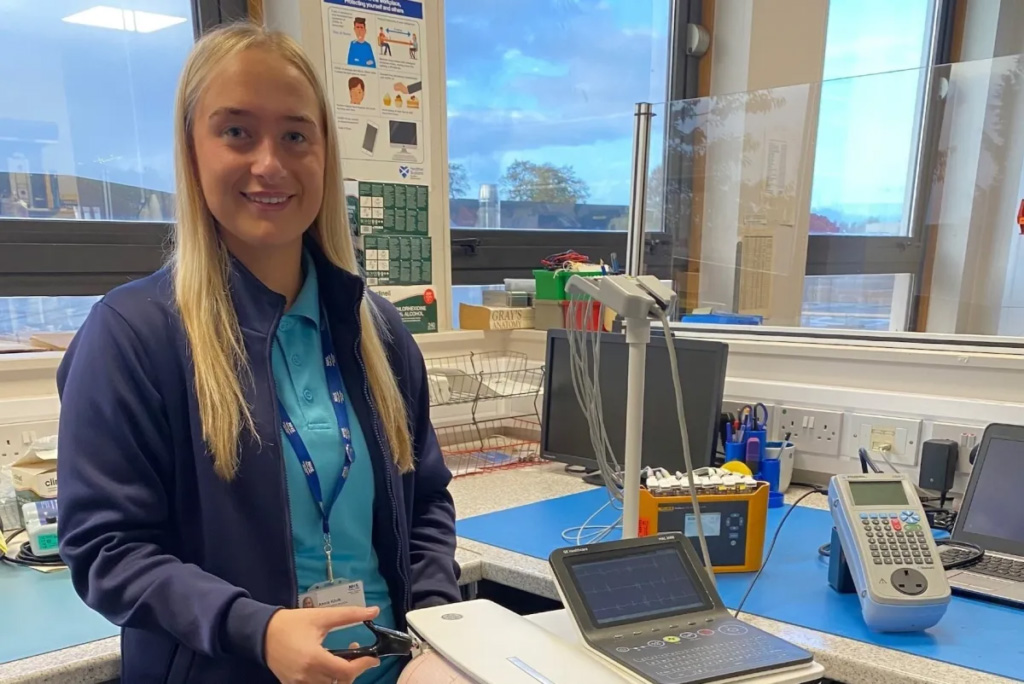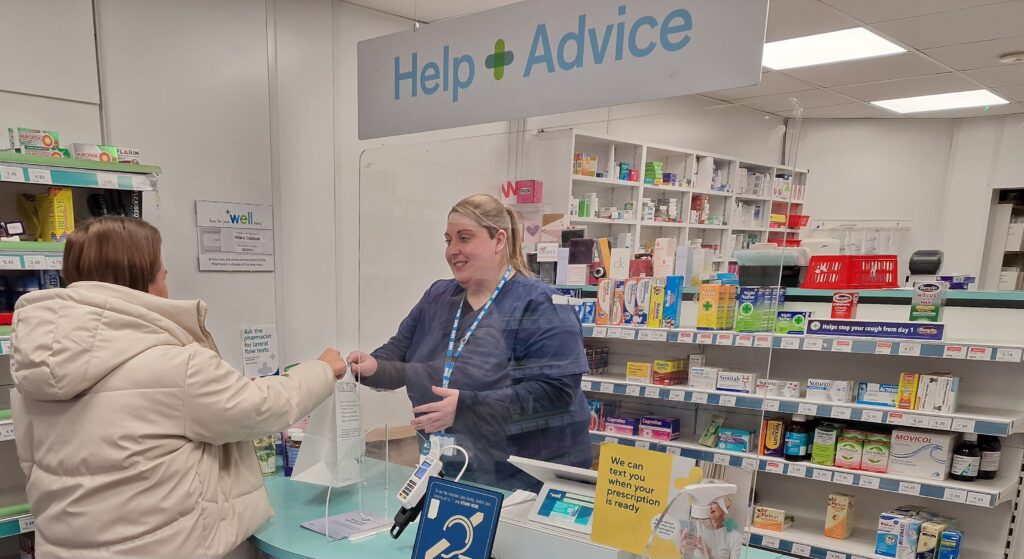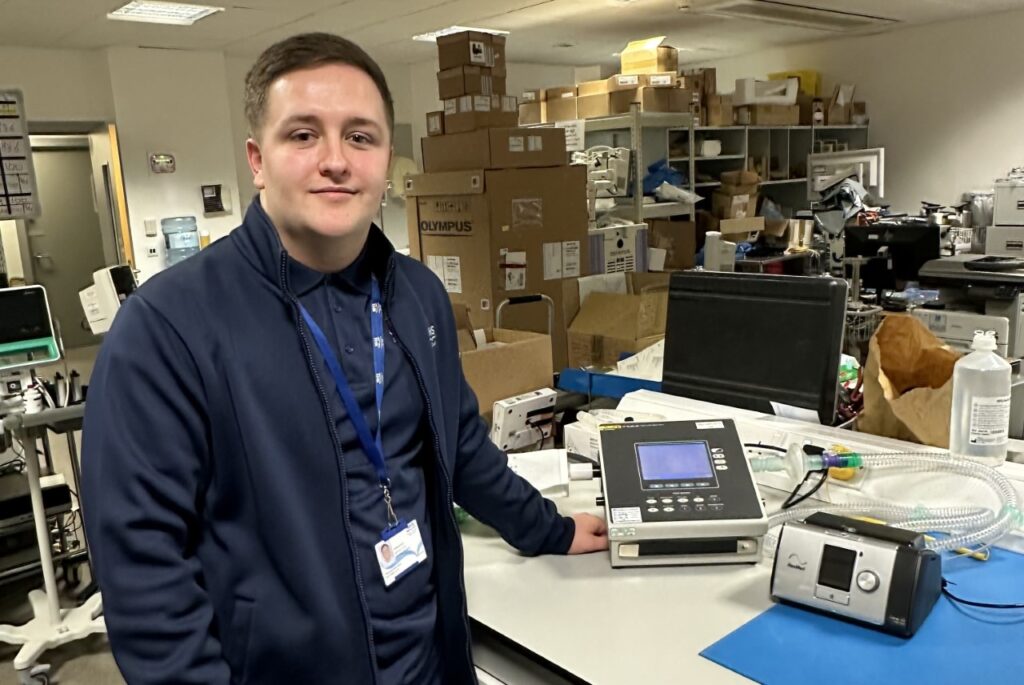The NHS employees Graduates in a range of roles and disciplines and offers a number of Graduate Training Schemes.
If you are applying for employment as a Graduate, regardless of your degree you will need to complete the standard NHS Application form.
Newly Qualified Healthcare professionals are recruited thorough annual campaigns.
These programmes are advertised on the NHS Scotland Jobs Website.
NHS Scotland Graduate Training Schemes
NHS Scotland Management Training Scheme
Open to applicants with SCQF level 10 Qualifications in any discipline, this three year programme with placements in Health Boards across Scotland will give you real management responsibilities, and the chance to work with senior leaders and managers. You will be fully funded to compete a Masters (General Management) or a CIPFA professional qualification (Finance Management).
Find out more on the Management Training Scheme website.
Clinical Scientist Training Programme
The Clinical Scientist Training Programme is a three year training programme commissioned by NHS Education Scotland (NES). The programme recruits Life Sciences and Physics/Engineering graduates (minimum 2:1) who wish to train as Clinical Scientists.
The programme includes includes various work-based rotations in hospitals and you will also complete a part-time master’s degree at one of the universities which are part of the programme. During the training you will be paid a salary equivalent to Band 6 on the NHS pay scale (approx. £25000 pa).
Recruitment generally starts in January with a clearly defined deadline.
- More information on the role of a Clinical Scientist In Physical Sciences here
- More information on the role of a Clinical Scientist in Life Sciences
GCIL Professional Careers Programme
The Glasgow Centre for Inclusive Living (GCIL) is a user-led organisation, run by disabled people for disabled people. In partnership with organisations including NHS Scotland , the Professional Careers Programme is a 2-year salaried programme hosting placements for graduates on the programme. You will have a professional-level role and could work in any of the NHS Scotland Boards.
You can find out more on the NHS Scotland Careers website.
Graduate Career Advantage Service (GCAS)
Graduate Career Advantage Service (GCAS) is a new initiative which supports recent, eligible graduates living in Scotland to find rewarding employment. we are delighted to be supporting a new NHS Scotland programme of Graduate Internships in partnership with GCAS.
As part of the Scottish Government’s Young Person’s Guarantee, this programme aims to bridge the gap between employers and talented graduates; helping to ease the transition into valuable work experience.
To find out more visit Graduate Career Advantage Scotland
Bursary Scheme for NHS Greater Glasgow and Clyde Staff
NHSGGC makes a significant commitment to staff learning and development through the Bursary Scheme. The Bursary supports staff development, which aligns with service objectives.
The NHSGGC Staff Bursary Scheme is available to all directly employed NHSGGC staff who currently work within NHSGGC – from any service area, discipline or grade within NHSGGC. Its just one of a range of resources to support the development of staff and their ongoing learning.
Other Learning and Education Opportunities for NHS Greater Glasgow and Clyde Staff
The Learning and Education service offers a range of development opportunities for all staff from entry into post and throughout the span of your career.
From formal qualifications to learning pathways, we will provide you with practical solutions tailored to your needs. This might be by gaining a work based qualification, attending a classroom session or using an e-learning module.











